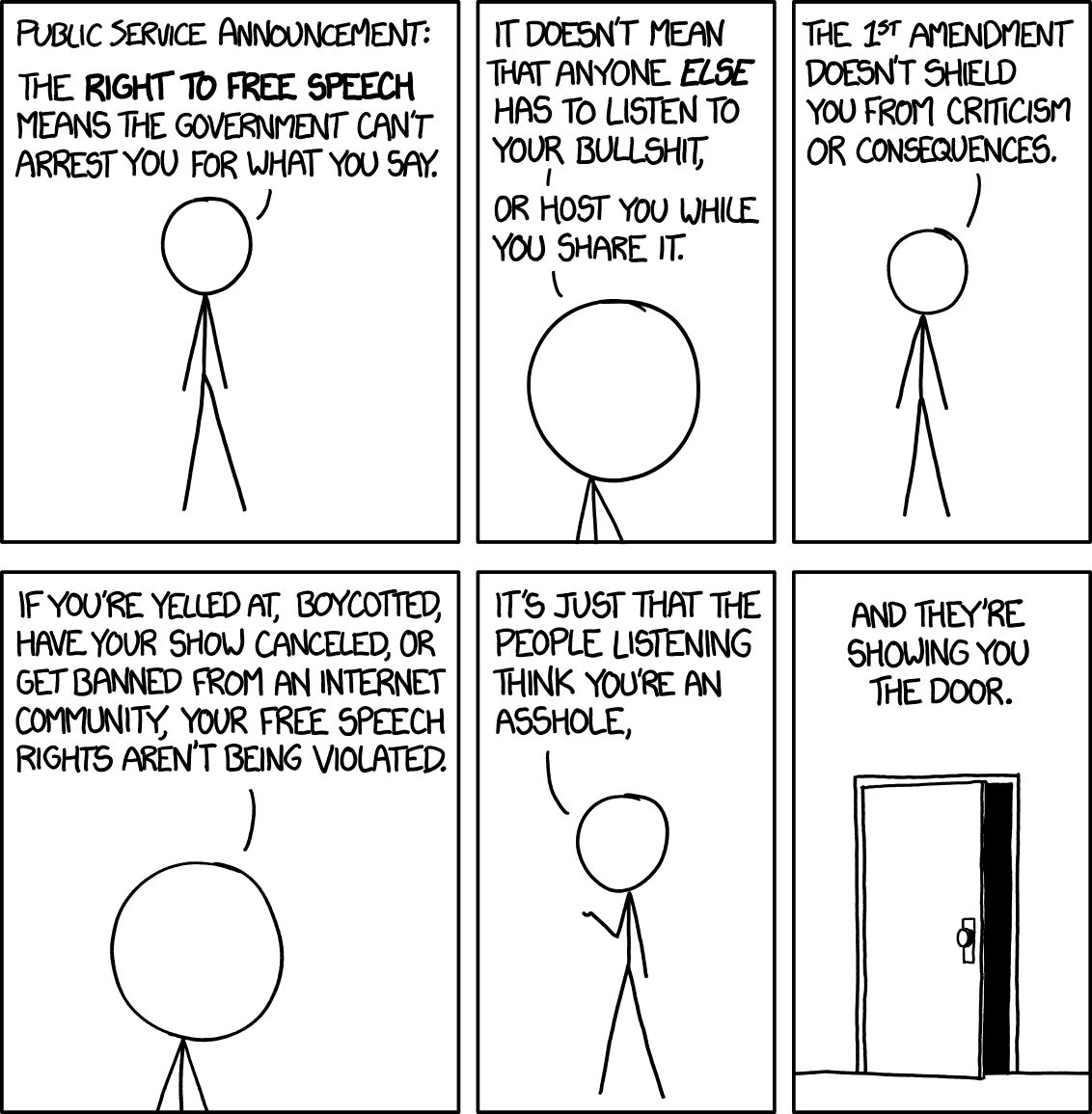This is one of these gray areas where technology has outpaced legislation.
Technically speaking, Facebook today might be considered a 'publisher', and therefore free to pursue whatever political agenda they desire. The same can be said of Twitter, another major social media platform.
However, unlike traditional publishers, Facebook and Twitter have become a more integral part of people's lives than, say, McGraw-Hill or CBS. They are not just a book, or a news story, they can be a person's primary communications device.
A more nuanced parallel might be to compare Facebook to AT&T, when it was the nation's only phone company. By the late 1940's, the telephone had become indispensable to most people as a primary means of communications, without which they would have a difficult time operating in society. You can change television or radio channels, but at that time, you couldn't change phone companies... there was only one.
At that point the business had become a public utility, providing an essential service, much as electric power companies made that transition in the 1920's and 1930's... after then, most citizens couldn't really function without electric power. The telephone had become a person's primary communications device.
As they occupy a critical position, public utilities are regulated by the government, to prevent monopoly abuse. They are also forbidden to deny service to individuals based on a number of criteria, including expressed opinions.
Imagine AT&T refusing to provide telephone service to people who espoused communist views in the 1950's. A lot of Americans probably wouldn't have disagreed with that, given the mood of the nation at that time.
The key factor here is when a service moves from being an optional luxury, as in a discussion group, to being a utility, as in being indispensable to a large number of people. Social media, while not there yet, is clearly in that transition phase, but still insists that they are a private company and not a utility. If you don't like their restrictions, you should go somewhere else.
However, when one or two platforms have most of the people, and the activity involves interacting with people, that really isn't an option. The platform is becoming a utility. The very nature of social media, and the interactions between large numbers of people, tend to make a few large providers the most desirable setup.
This isn't the first time that technology has advanced faster than the legal industry can understand. Another such case was Microsoft in the mid 1990's to mid 2000's. At it's peak, Windows was on just about every personal computer in use, putting Microsoft in a monopoly position. And Microsoft did leverage that monopoly position to discourage competition, but at that time, lawmakers didn't understand the issues.
The same basic issue was at the heart of the matter: Windows had become indispensable to a large number of people and businesses, only MS wasn't promoting political agendas, it was jacking up prices. MS probably figured (quite correctly) that it would take some time before the legislators and courts figured out they were leveraging a monopoly position, so make money until they do.
Eventually, court cases for antitrust were put forth against Microsoft. However, the mobile revolution blew Microsoft out of their monopoly position before those cases were fully decided.
Technology today moves so fast that any lapses in staying current can be deadly to a major tech company. MS sat on it's monopoly, didn't give much attention to mobile devices, and got caught sleeping.
Thus it will go with social media. Either changes in tech will relegate Facebook to the has-beens of the industry, or social media in general will be legislated as an essential utility, and thus be subject to anti-discrimination laws.
